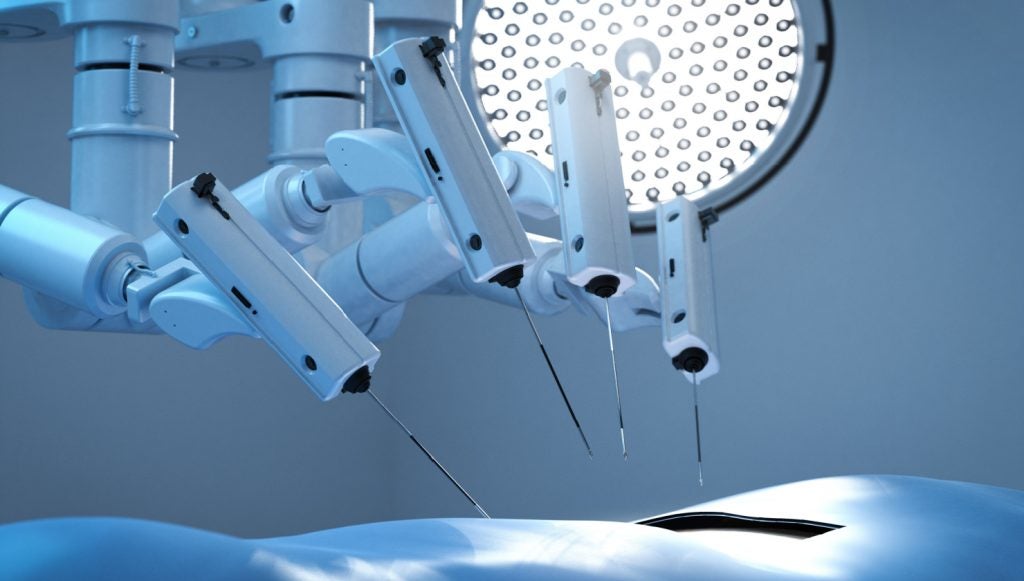
Medical Technology is now available on all devices. Read it for free here.
With vaccination programmes gathering speed in the UK, the nation has begun to look ahead at ways to reopen the country after a lengthy period of lockdown restrictions. One potential tool currently being debated is the use of digital vaccine passports. These ‘passports’ would act as an official document to denote whether or not the owner has received one or both doses of a Covid-19 vaccine.
While the concept has been touted as a low-risk way to reintroduce mass gathering events and inject life into the tourism sector, the idea of legally enforcing such a document is extremely controversial. To understand why, we explore both sides of the debate.
Sticking with apps, we unpack research from healthcare app review company Orcha, which found that 80% of healthcare apps used by NHS trusts do not meet the necessary standards, to examine what can be done to ensure the NHS is only using the safest and most effective healthcare apps.
Elsewhere in this issue, we take a look back over a century of orthopaedic device innovation as DePuy Synthes celebrates its 125th anniversary, ask if big data could help manufacturers and regulators predict future medical device recalls, and investigate the limits of the pulse oximeter.
All this and more in this latest issue of Medical Technology.
How well do you really know your competitors?
Access the most comprehensive Company Profiles on the market, powered by GlobalData. Save hours of research. Gain competitive edge.

Thank you!
Your download email will arrive shortly
Not ready to buy yet? Download a free sample
We are confident about the unique quality of our Company Profiles. However, we want you to make the most beneficial decision for your business, so we offer a free sample that you can download by submitting the below form
By GlobalData
In this issue
Charting the history of orthopaedic devices as DePuy Synthes turns 125
Founded in the 1890s in Indiana by a travelling salesman, DePuy Manufacturing started out making fibre splints to set fractures. Now, DePuy Synthes is owned by J&J and is one of the world’s leading orthopaedic businesses. Allie Nawrat explores the twists and turns of the 125-year history of orthopaedic giant DePuy Synthes.
Read the article here.
The ethics of vaccine passports
Covid-19 ‘vaccine passports’ have been floated by many governments as a way to reopen society and permit individuals’ entry into public spaces without causing another spike of disease. But experts have dismissed the notion on a number of grounds, including discrimination against those who can’t get vaccinated for medical reasons, data protection and human rights laws. Medical Technology writers Chloe Kent and Eloise McLennan argue for and against the proposal.
Read the article here.
Not up to standard: healthcare apps & the NHS
Healthcare app review company Orcha has found that the majority of healthcare apps used by NHS trusts do not meet the necessary standards, in part due to insufficient awareness of regulatory requirements. Abi Millar explores the challenges around regulating these apps and what can be done to ensure the NHS is only using the safest and most effective healthcare apps.
Read the article here.
The device recall crystal ball
Medical device and drug safety recalls are on the up. But is there a way to predict which products will be recalled in the future? Natalie Healey speaks to recall researcher George Ball and Reed Tech’s Arshad Rahman about finding device safety clues in historical data.
Read the article here.
Prevention before cure: how Liva Healthcare is driving positive behavioural change
Chronic conditions like type 2 diabetes, obesity and cardiovascular diseases can be managed, in part, by behavioural and lifestyle changes – but for many patients, these changes can be incredibly difficult to maintain long-term. Now, the team at Liva Healthcare are trying to help make these positive habits easier to maintain, and they’ve already had some strikingly positive results. Chloe Kent reports.
Read the article here.
Missed signals: the limits of the pulse oximeter
In February, the US FDA issued a warning about the limitations of pulse oximeters, listing factors that might lead to inaccurate readings. This followed on from a study in the NEJM, which found that pulse oximeters had a higher error rate in Black patients. Why does this happen, and what does the issue tell us about the limitations of this technology? Abi Millar investigates.
Read the article here.
Next issue preview
The European Union’s new Medical Device Regulation is set to come into force on 26 May, a deadline that has put medical technology developers under pressure to ensure that their products comply with the new rules. But how will these new regulations affect medical device software developers (MDSW)? We speak to international law firm Morrison & Foerster to discuss the changes coming into play for MDSW.
Also in this issue, we take a look at the next phase of medical wearables, explore the potential of an AI-powered healthcare marketplace, proposed by a team of researchers from the University of Sheffield and Vamstar, which is tipped to help NHS buyers evaluate the credibility and capability of suppliers, and find out how copper is being used to design innovative devices in the female contraceptive space.
Plus, we talk to the team behind Within3, a social networking platform designed to improve active engagement across life science companies, and following the announcement that researchers from the Weizmann Institute of Science in Israel team have reportedly developed mice embryos inside an artificial uterus, we explore the future of life inside the mechanical womb.







